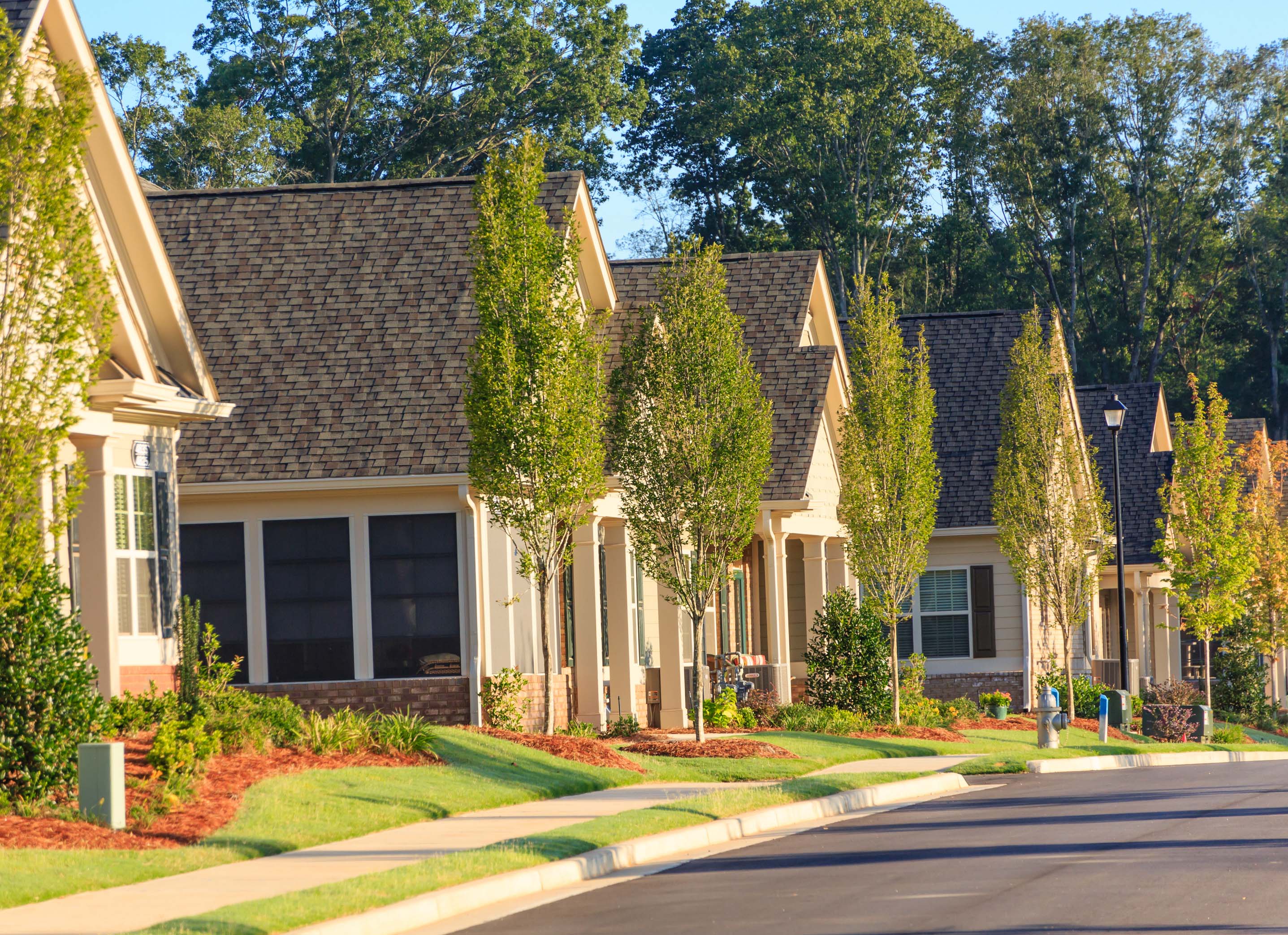
On January 18, 2022, Governor Murphy signed into law Senate Bill 396, which changes the accrual date of the six-year statute of limitations[1] for construction defect claims by homeowners associations to the first election when unit owners take majority control of the association board (commonly referred to as the “transition” of the association from the developer to the unit owners). In sum, the new law significantly loosens the due diligence standard formerly imposed upon post-transition boards.
Previous to this law, the accrual date was the date by when “the plaintiff knows or, through the exercise of reasonable diligence, should know of a cause of action against an identifiable defendant.”[2] The New Jersey Supreme Court’s decision in Palisades dissipated any ambiguity in determining the operative accrual date from its earlier Russo Farms[3] decision, which stood for the proposition that though generally, the accrual date was the date that an architect certifies to the owner that a structure is substantially complete, an exception was where the plaintiff was unaware of an actionable claim. Pointedly also, the Court in Palisades found that a plaintiff who was a successor in ownership took the property with no greater rights than an earlier owner. Thus, if a prior owner (e.g., developer) knew or should have known about a defect against an identifiable defendant, then that accrual date was imputed to the subsequent owner (e.g., homeowners association).
Though more lenient than the “substantial completion” accrual date standard (where construction defects are readily apparent on inspection of construction and plaintiff owner/developer has a reasonable basis for filing a claim), Palisades remained problematic for plaintiffs/homeowners associations because of the imputed accrual date. Since a construction defect cause of action could still accrue well before a condominium board’s creation, where a predecessor owner/developer did not pursue an identifiable defendant for a perceived defect, would-be plaintiffs/homeowners associations were often left with no remedy.
The new law does not impute accrual, and its earliest possible date is day one of the existence of a unit owner-controlled homeowners association. As long as a unit owner-controlled board undertakes to inspect its building(s) and acts on any perceived defects within six years of transition, any suit will likely be timely under the new law. This will perhaps disincentivize developers to exercise their due diligence and undertake discovery/repair of perceived defects, as their conduct will no longer start the proverbial clock to run. Conversely, the new law incentivizes developers to effectuate transition as early as possible.
As an aside, the new law does not impact New Jersey’s statute of repose[4], which precludes construction defect claims against any entity that performed work ten or more years before the commencement of a construction defect lawsuit, and – unlike the statute of limitations – there is no tolling or discovery rule available to homeowner associations to extend the statute of repose.
[1] N.J.S.A. 2A:14–1.
[2] Palisades at Fort Lee Condominium Association, Inc. v. 100 Old Palisade, LLC, 230 N.J. 427 (2017)
[3] Russo Farms v. Vineland Bd. of Educ., 144 N.J. 84, 115 (1996).
[4] N.J.S.A. 2A:14-1.1(a)
About O’Toole Scrivo, LLC
We are a carefully crafted mid-sized law firm of recognized subject matter experts practicing primarily in New York and New Jersey. We combine large-firm expertise with small-firm attention to client needs, representing businesses, insurance companies, and government entities. We are committed to delivering creative and timely results for the most high-profile and complex matters.

